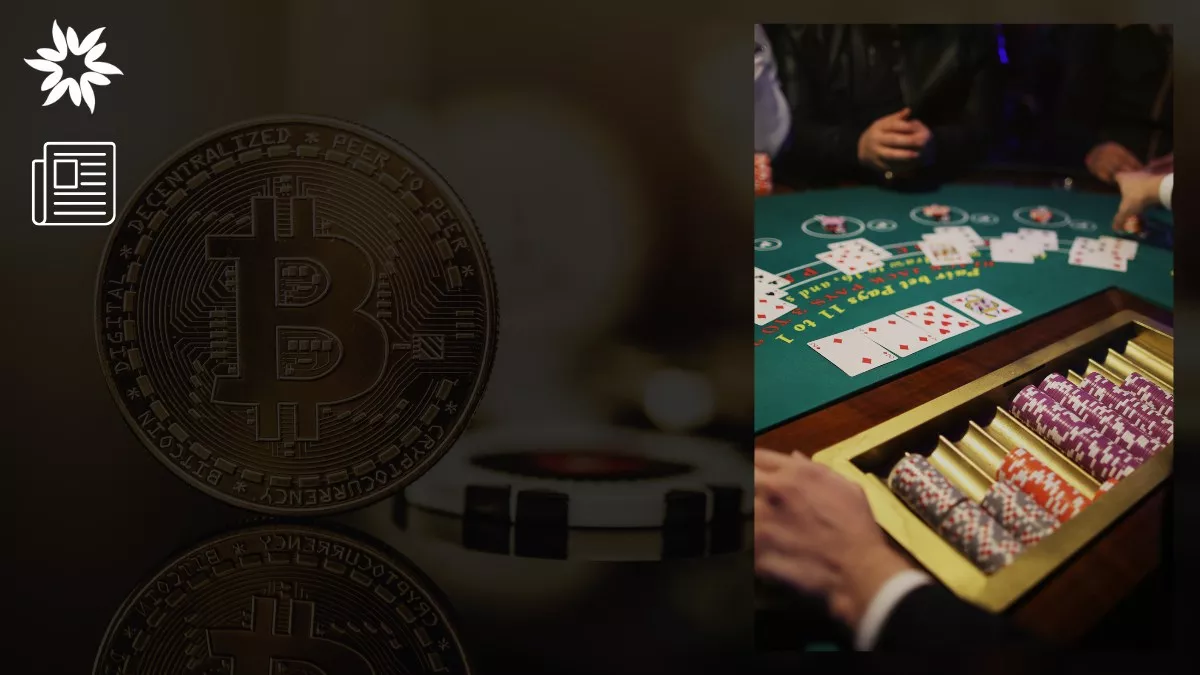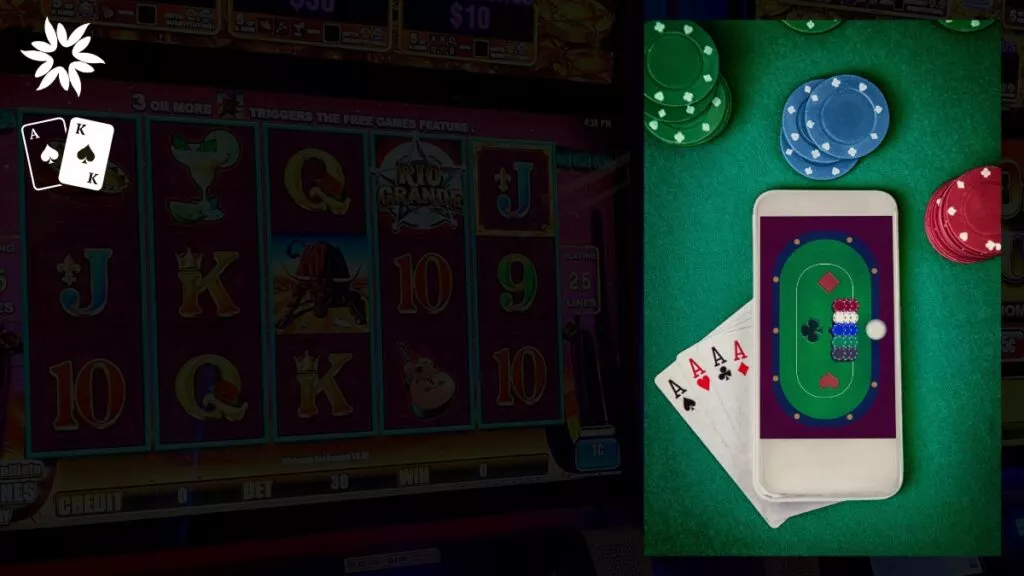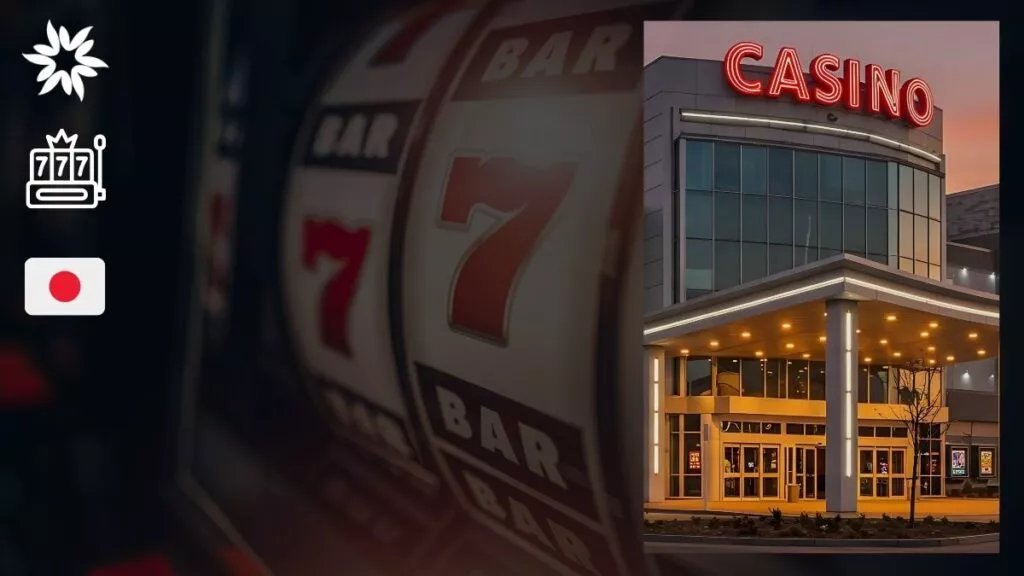The last few years have seen an explosive rise in gambling sites that accept cryptocurrency. In 2024 alone, crypto-based casinos reportedly generated over $81 billion in gross gaming revenue, a fivefold jump from 2022, as reported by Cointelegraph.
This boom has taken place even as regulators in the US, EU, China, and elsewhere tightened restrictions on both gambling and crypto. Operators often host their platforms offshore, and users employ VPNs and mirror sites to bypass geoblocks.
As a result, the industry is now at a crossroads: for some, it is a promising new frontier enabled by blockchain technology; for others, it is an unregulated menace that could facilitate scams, money laundering, and gambling harm.
This article investigates how “decentralized” crypto casinos work, why they appeal to players, what dangers they pose, and how regulators and players are reacting to this rapidly evolving sector.
The Rise of Crypto Gambling
Cryptocurrencies first intersected with gaming in the early 2010s, when primitive provably fair dice games appeared. By 2014, licensed operators in jurisdictions like Curacao began offering crypto casino licenses.
Over the past decade, these platforms have multiplied. Today, hundreds of online casinos accept Bitcoin, Ethereum, and other tokens for betting. Players are drawn by the features that crypto offers.
For example, many platforms promise instant deposits and withdrawals and cryptographic fairness.
Several trends have propelled crypto gambling’s expansion. During the 2020–21 pandemic, lockdowns and closures of traditional betting shops led many gamblers online. A University of Bristol study even found frequent gamblers were six times more likely to bet online after the pandemic than before, notes the Daily Guardian.
Within this shift, crypto betting gained particular steam: cryptocurrency markets boomed in 2021 (peaking above $2 trillion), and awareness spiked.
By some estimates, around late 2021, roughly 4% of all online gambling search queries involved crypto casinos. Meanwhile, Google Trends data show that interest in “Bitcoin casinos” had increased fourfold by early 2021.
In short, a growing pool of bettors from around the world began exploring crypto platforms, accelerating market growth well beyond traditional figures.
How Decentralized Gambling Sites Work
Most crypto casinos today operate on a blockchain-based architecture rather than a traditional server model. Many are essentially decentralized apps (DApps) or hybrid platforms in which the games run on smart contracts on public blockchains (such as Ethereum, BNB Chain, or others).
Instead of funding accounts with credit cards or bank transfers, players connect a crypto wallet and deposit tokens directly. The smart contract code governs the game logic and payouts, with bets and results recorded on-chain.
In practice, a player visiting a crypto casino site will select games (slots, roulette, poker, sports betting, etc.) much as on any online casino, but all bets are placed in crypto. The blockchain underpins randomness or pay tables, so in theory, no central operator can alter results after the fact.
The platforms use cryptocurrency transfers to credit and debit players’ balances instantly. Because the code and blockchain data are public, all transactions and game outcomes are transparent on the ledger. In short, decentralized gambling sites remove much of the traditional “house control” by relying on open-source code and peer-to-peer crypto transactions.
However, not all aspects are fully trustless. In many cases, only the transaction settlement and randomness generation are on-chain. The user interface (website or app) is still run by a company that can go offline or change terms. Some “decentralized” sites use smart contracts for core functions but keep others (such as jackpots or bonus triggers) off-chain.
Appeal of Bitcoin Casinos and Blockchain Gambling Platforms
Anonymity and Privacy. A primary attraction of crypto casinos is that they bypass traditional Know-Your-Customer (KYC) checks. In a normal online casino, players must provide ID documents and banking details. Crypto platforms allow betting with Bitcoin, Ethereum, or other tokens directly from a private wallet, which gives a much higher degree of anonymity.
Transactions on the blockchain show only crypto addresses, not names or credit histories. For privacy-conscious gamblers, this means they can keep their betting activity off public records. In practice, many sites even promote “no KYC” sign-ups.
Faster, Cheaper Payments. Cryptocurrencies also speed up deposits and withdrawals. Traditional casinos often require days of bank processing and charge 2–5% fees on payments. By contrast, transferring crypto between a wallet and a site usually settles in minutes (depending on network traffic) and costs only a small blockchain fee.
Provably Fair Gaming. Another touted advantage is provably fair game mechanics. In a provably fair system, the casino pre-commits to a random seed (by publishing its hash) before each game. After the round, it reveals the seed so the player can verify that the outcome matches the original commitment.
Bonuses and Accessibility. Many crypto casinos offer aggressive bonuses, loyalty programs, or crypto-specific promotions, funded by having lower overhead and risk of payment charges.
They also allow global access because cryptocurrencies are not tied to any country’s financial system, and anyone worldwide (except those explicitly banned) can gamble. Players in regions with weak banking or strict gambling rules often turn to crypto platforms for access.
Risks and Challenges of Crypto Gambling
Despite their promise, decentralized gambling sites carry significant dangers. The very factors that fuel their growth, decentralization and minimal oversight, are a double-edged sword.
- Unregulated and Offshore Operations: Most crypto casinos operate outside strict regulation. Many hold licenses in loosely regulated jurisdictions (like Curaçao or other Caribbean islands) merely to appear legal, but they often accept players globally.
- Scams and Fraud: The crypto-casino boom has attracted many bad actors. Fraudsters set up fake websites that mimic reputable brands; they lure victims with flashy promises, then vanish with the deposits.
- Security and Hacks: Crypto casinos also face cybersecurity threats like any crypto business. Several high-profile hacks have cost players millions.
- Withdrawal Problems and Poor Support: Many crypto casinos offer little to no customer service. If a player encounters an issue or dispute, there is often nobody to resolve it, as the operators may not even have a formal office or regulated contact.
- Volatility and Financial Risk. Even outside scams, there is an inherent financial hazard. Cryptocurrencies are notoriously volatile, so the value of winnings can swing dramatically. A gambler might win big in Bitcoin, only to see the value of those winnings fall sharply the next day.
- Money Laundering Concerns. Regulators worry that anonymous crypto betting could facilitate illicit finance. Because blockchain transactions are pseudonymous and cross-border, crypto casinos may be used to launder money.
Crypto Casino Safety and Best Practices
Given these risks, what should players do to protect themselves? Experts advise treating crypto casinos with caution and following standard online-security practices:
- Choose Licensed Platforms: Prefer casinos that have recognized licenses (Malta, UK, Gibraltar, Curacao, etc.). Even if crypto usage is partially unregulated, a licensed operator at least must meet basic audit and fairness standards. Playing on well-known, regulated sites reduces the risk of outright fraud. In case you are worried about the signs of gambling addiction, always make sure to reach out to relevant organizations for help.
- Verify Fairness: Use casinos that offer provably fair games and provide clear verification tools. If a site claims provably fair, take time to audit it: after a session, check that the revealed seeds and hashes match the promised outcomes. If you find any discrepancy, avoid that site.
- Research Reputation: Before depositing, look up the casino online. Check player forums and review sites for complaints about non-payment or rigged games. Steer clear of any platform with consistent stories of frozen accounts or vanished jackpots.
- Secure Your Crypto: Use strong security for your own wallet. Enable two-factor authentication, use a unique, strong password, and never store large balances on the casino’s hot wallet.
- Start Small: Test the waters with minimal stakes first. Make a small deposit and try a few games, then immediately attempt a withdrawal. If withdrawals work reliably and the games seem fair, only then consider higher bets. This “trial” approach can catch a scam early without heavy loss.
- Check Connectivity and Encryption: Always look for HTTPS and SSL on the site URL (the padlock icon) to ensure data is encrypted. Never gamble over insecure public Wi-Fi, as attackers could intercept your credentials or manipulate data.
- Beware of Too-Good Bonuses: If a bonus offer sounds astronomically large, read the fine print thoroughly. Extremely generous bonuses often come with impossible wagering requirements or game restrictions. Only claim bonuses you understand fully.
The Decentralized Dilemma: Innovation vs. Oversight
So are decentralized gambling sites “the next frontier” of gaming, or a looming threat? The answer is nuanced:
- Innovation Aspect: Decentralized platforms do represent a genuine technological innovation. The idea of provably fair, zero-edge gambling did not exist before blockchain. These sites can dramatically change the economics of casino play; for instance, some claim blockchain gaming can reduce the house edge to around 1% (versus 1–15% at traditional casinos).
- Threat Angle: At the same time, the downsides are serious. The very “decentralized” nature means no single entity is accountable. Regulators cannot easily enforce standards or shut down bad actors. Users have little protection if things go wrong. And while anonymity is a draw for privacy-minded players, it also invites underage gambling and criminal usage. The market’s meteoric rise, $81B in 2024 alone, may soon plateau if regulators clamp down or if high-profile scandals erode public confidence.
Provably Fair – Technology and Limitations
One of the buzzwords in crypto gambling is “provably fair”. This is a cryptographic scheme meant to let players verify that each bet’s outcome was not tampered with by the casino. The basic idea is as follows:
Before a gaming session, the casino generates a random server seed and publishes only its hash (an encrypted commitment) to the player. The player also contributes a client seed (often taken from their wallet or input), and the game engine uses both seeds plus a nonce (a sequential number) to compute each game result by a deterministic function.
Crucially, because the casino initially only provided the hash of the server seed, it cannot change that seed without detection (the hash would no longer match). After the player finishes playing, the casino reveals the original server seed. The player can then hash it themselves and confirm it matches the originally published hash.
The player can also rerun the game’s algorithm (using their client seed, the revealed server seed, and the nonce) to ensure the rolls match what was shown during play. If the numbers line up, the game was “provably fair” – it was exactly determined by the random seeds committed in advance.
In practice, many crypto casinos implement this or similar versions of it. They often provide a built-in verifier or external tool so players can check results easily. The transparency builds trust: unlike opaque RNGs in old casinos, here anyone can audit the outcomes. As one guide notes, provably fair systems allow “players to verify the fairness of each game using blockchain technology”.
The Future of Cryptocurrency and Online Gambling
Looking ahead, several trends point to where crypto gambling may go next:
- Cross-Chain and DeFi Integration: Crypto casinos are beginning to support multiple blockchains and tokens. For example, one leading platform is adding dozens of cryptocurrencies (Bitcoin, Ethereum, Dogecoin, Solana, Polygon, and even smaller altcoins) as deposit options. The integration of DeFi features (like staking and yield rewards) into casino platforms is also emerging.
- Metaverse and Virtual Casinos: The idea of metaverse casinos – virtual reality gambling spaces – is gaining interest. While still nascent, some crypto gaming portals are positioning themselves to enter the metaverse.
- NFTs and Brand Collaborations: Non-fungible tokens could play a role in online gambling, for instance, issuing unique NFT chips, collectible badges, or VIP passes for casino loyalty programs. There are already “play-to-earn” casino-style games where NFTs have real value.
In summary, the future of crypto and online gambling is likely to see increasing convergence with the rest of the crypto and gaming ecosystems. Cross-chain technology, immersive virtual experiences, and big-brand involvement could turn crypto casinos into a standard option for bettors.
At the same time, regulatory and taxation clarity will shape how this frontier develops. The core question remains: can these platforms innovate safely, or will new rules clamp down on them? Only time will tell, but for now, the crypto casino craze shows no sign of slowing.








